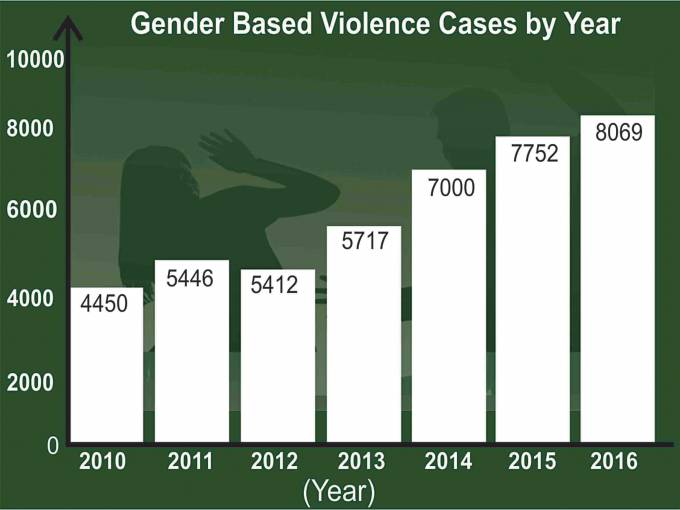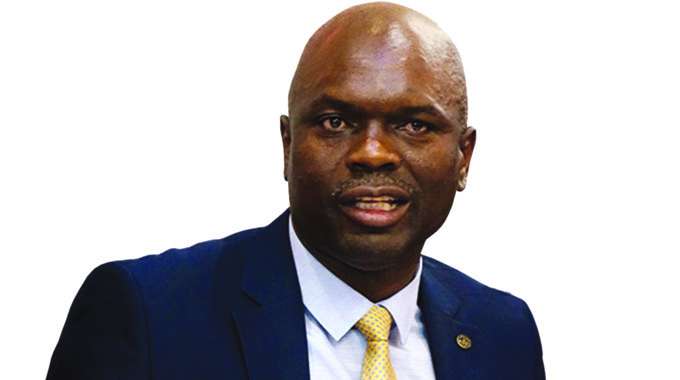We need to interrogate root of knowledge

Leroy Dzenga Youth Diaries
If one could get a dollar coin each time academics complain about how graduates are not fit for purpose, they would build a mansion with them.
The main concern has been how even those who have earned the highest acclaim in education are failing to come up with distinguishable ideas for the development of the country.
Besides the fact that most of the critics themselves have not come up with anything spectacularly useful, save for their opinions, there is a critical issue which is not given due attention during conversations of that nature.
Graduates may be struggling to make the desired impact on the Zimbabwean environment, because the curriculum content, which translates to gained knowledge, has little relevance to the country.
At surface level, this argument may appear easy to dismantle, for each country needs tradesmen and women, as well as professionals known to be key in the functioning of any civilisation.
There is an underlying philosophical consideration to be made; knowledge is created as a matter of necessity and presently it appears we are equipping the youth with relatively inappropriate knowledge.
We are giving our young people the wrong tools and complain about their inefficiencies afterwards.
There is a branch of philosophy known as epistemology, which is the study of the origin, validity and weakness of human knowledge.
Epistemology raises the following questions: What is knowledge? How is knowledge acquired? What do people know? How do we know what we know?
These questions must guide the manner in which graduates are taught and how the content is crafted.
It is a good thing there is an overarching curriculum review going on at all levels of the country’s education system, so the conversation is well within time.
Research forms the basis of all policy and critical decision-making, curing it will result in a trickle-down effect in their implementation.
Academia, which is one of the feeders to public policy and the system responsible for the creation of the “condemned graduates” operates on borrowed knowledge.
This is part of the reason why their products end up not being too useful in answering questions relevant to Zimbabwe.
For every research to be done in a lucid manner, there has to be a theoretical framework which acts as the subject’s philosophical structure.
Most of the theories used in studies in Zimbabwe are imported and in some cases outdated.
In a discipline like media studies, one can go through a whole degree course without interacting with an African theory in core modules.
Theories, which are valid traceable bodies, are built on evidence.
They are a coherent set of ideas that explains observed facts or phenomena and correctly predict new facts not previously observed.
This means all evidence is relational to environment in which it was gathered.
Their application cannot be universal because of contexts. Trying to apply knowledge developed far from where it was developed is possible, but should be challenged.
In principle, it means the point of departure in the country’s search for answers is ill located, as a result when our graduates try to find solutions they find themselves out of sync with reality.
It is simplistic to assume Zimbabweans who thrive in Western countries do so simply because the environment is better, there is more. The environment could be better, but there is an element of knowledge being placed in its area of origin.
Until Zimbabwean academia produces theorists who create anchoring principles for the knowledge graduates are being taught, the impact many wish to see may not be realised.
Even beyond the decoloniality discourse, there is just need to ensure there is knowledge which is easily identifiable.
For instance, Zimbabwe is a nation of geographic diversity, but most textbooks used in teaching, even at high school level, draw examples from as far as the French Alpes.
What it means is that when a learner travels to their own rural areas they may be unable to identify the elements they were taught in class because the nuances were made to appear exotic.
When they progress and become professionals they may struggle to apply knowledge because examples of appropriate settings always appear a distance away.
Even when the knowledge is correct, imported knowledge always makes it appear as if students and learners only exist to learn principles through what others have already done.
When knowledge is coming from another place, it does not place the obligation to apply it on its recipients.
There is always a feeling that best practices in certain disciplines exist in other places.
We, therefore, cannot be shocked when our critical skills stand at 38 percent despite our literacy being at 97 percent. Maybe the problem is not with teaching knowledge or the curriculum, but places from which the bodies of knowledge originate.
Zimbabwe is seeking to implement Education 5.0 and heritage-based education philosophy as a cure to the critical skills deficit.
The plan, though noble, may fail to bear fruit if the focus does not trace back to the knowledge question.
Turning education into goods and services will happen naturally when people are taught content specific to their history, needs and reality. One does not need elaborate motivation if examples of those who have excelled within disciplines are identifiable names and faces.
There is need to think about curriculum development beyond just adjusting textbooks. We need our own theories. We need dissertations whose arguments are premised on Zimbabwean evidence through theories, especially if they are of a qualitative nature.
Once we fix the roots of knowledge, our education will have more meaning to those who receive it beyond the present in which many are going through course to pass stages, but with no objective to positively impact their communities.
Feedback: [email protected]








Comments